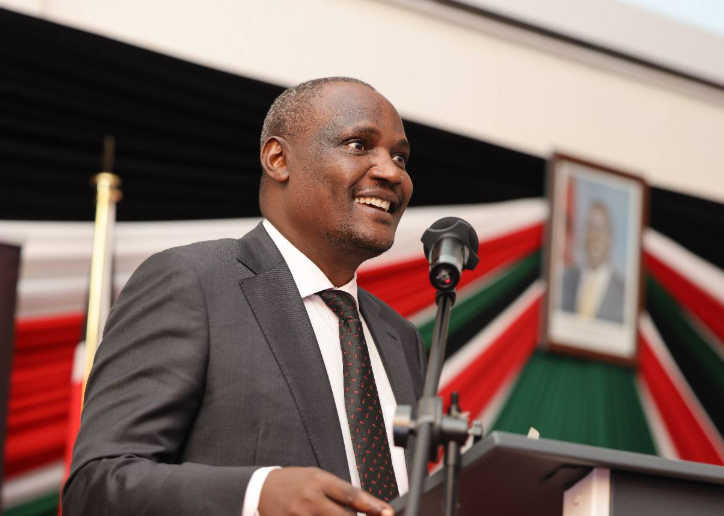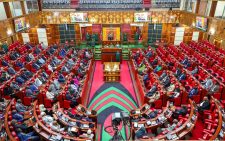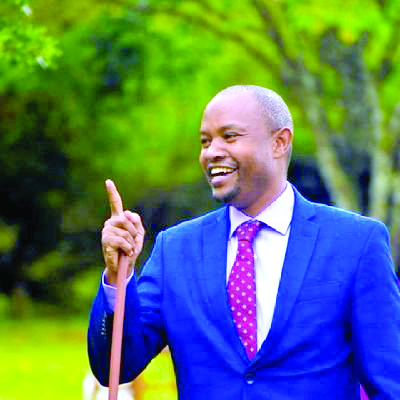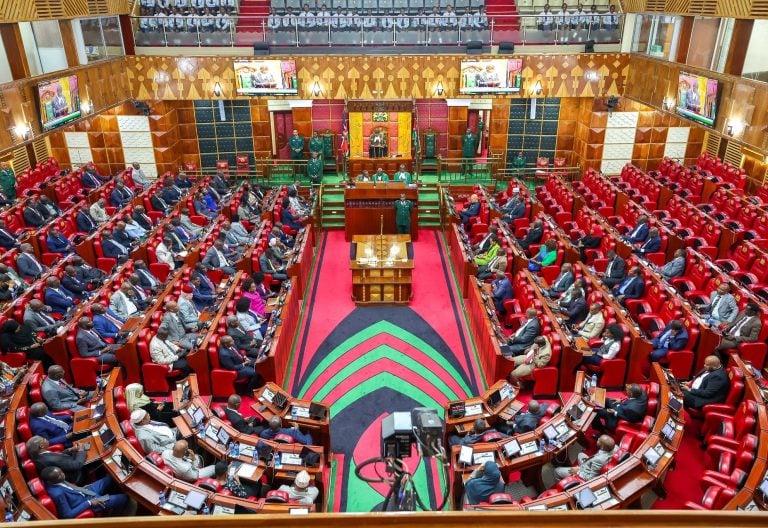Mbadi: From ardent critic of state’s fiscal decisions to custodian of nation’s purse

A year ago, National Treasury Cabinet Secretary John Mbadi was a name that sent ripples through the corridors of power—not as a policymaker, but as one of the most articulate and unrelenting critics of the government’s fiscal decisions. A seasoned legislator with a principled stand on matters of public finance, Mbadi built his career on holding successive administrations to account.
He questioned ballooning debt, poked holes in opaque procurement deals, and was a fixture on the evening news, decrying what he called the “commodification of state responsibility.”
He was, by all standards, a man of the opposition—fearless, methodical, and deeply informed in the ODM party.
Yet, in a twist that shocked allies and adversaries alike, President William Ruto appointed him National Treasury and Economic Planning Cabinet Secretary, a move many saw as political pragmatism, if not outright betrayal.
But time would tell another story from what many thought of him. Before he entered the cabinet, Mbadi was best known as a principled defender of fiscal discipline.
A holder of Bachelor of Commerce degree with a specialisation in Accounting and a certified public accountant, he consistently called for prudent budgeting and sustainable borrowing.
He opposed vanity projects that saddled the country with debt while social programs were underfunded.
“We cannot continue to mortgage our children’s future for political optics,” he once declared during a fiery parliamentary session.
His speeches were data-rich and conviction-driven. He criticised the very administration that would later appoint him, warning against what he termed “economic populism without a plan.”
Mbadi gained public respect not just for what he said, but how he said it—with clarity, courage, and consistency.
Finance bills
When he was tapped to lead the Treasury, many expected him to falter—or worse, to lose his integrity in the murky waters of executive politics more so finance bills. But Mbadi has surprised many. Instead of retreating into silence or toeing the political line, he took up the job with the same rigour that defined his years in opposition.
Almost immediately, he launched a comprehensive audit of government spending. Projects with questionable value-for-money assessments were paused. Procurement systems were revamped and end to end e Procurement system introduced.
He invited public finance watchdogs into the Treasury for roundtable consultations—a gesture unheard of in recent years and increased public discussion of the budget estimates with a series of live debate coverage to discuss matters of the economy.
It is a revolutionary move that has made both bureaucrats and politicians uneasy, but earned public applause.
In less than a year, Mbadi had become more than just the Treasury CS — he was now regarded as a reformist.
His latest budget proposal which cuts unnecessary expenditures by 18 per cent, redirects funds to healthcare and education, includes a bold plan to restructure public debt over the next decade and puts more funds to cushion the vulnerable, especially the elderly and orphans, has earned him credit.
Mbadi has also been able to negotiate new terms with international lenders, prioritizing economic sovereignty while keeping the doors open to responsible public investment.
In Cabinet, he has remained firm—often reminding colleagues that “transparency is not optional; it’s the only way to rebuild trust.”
In a political culture where criticism often ends when power begins, Mbadi has charted a different path—one where conviction meets competence, and reform is not just a slogan, but a daily practice.
He remains a man in transition, one who evolves without losing his focus on collective growth and development.













